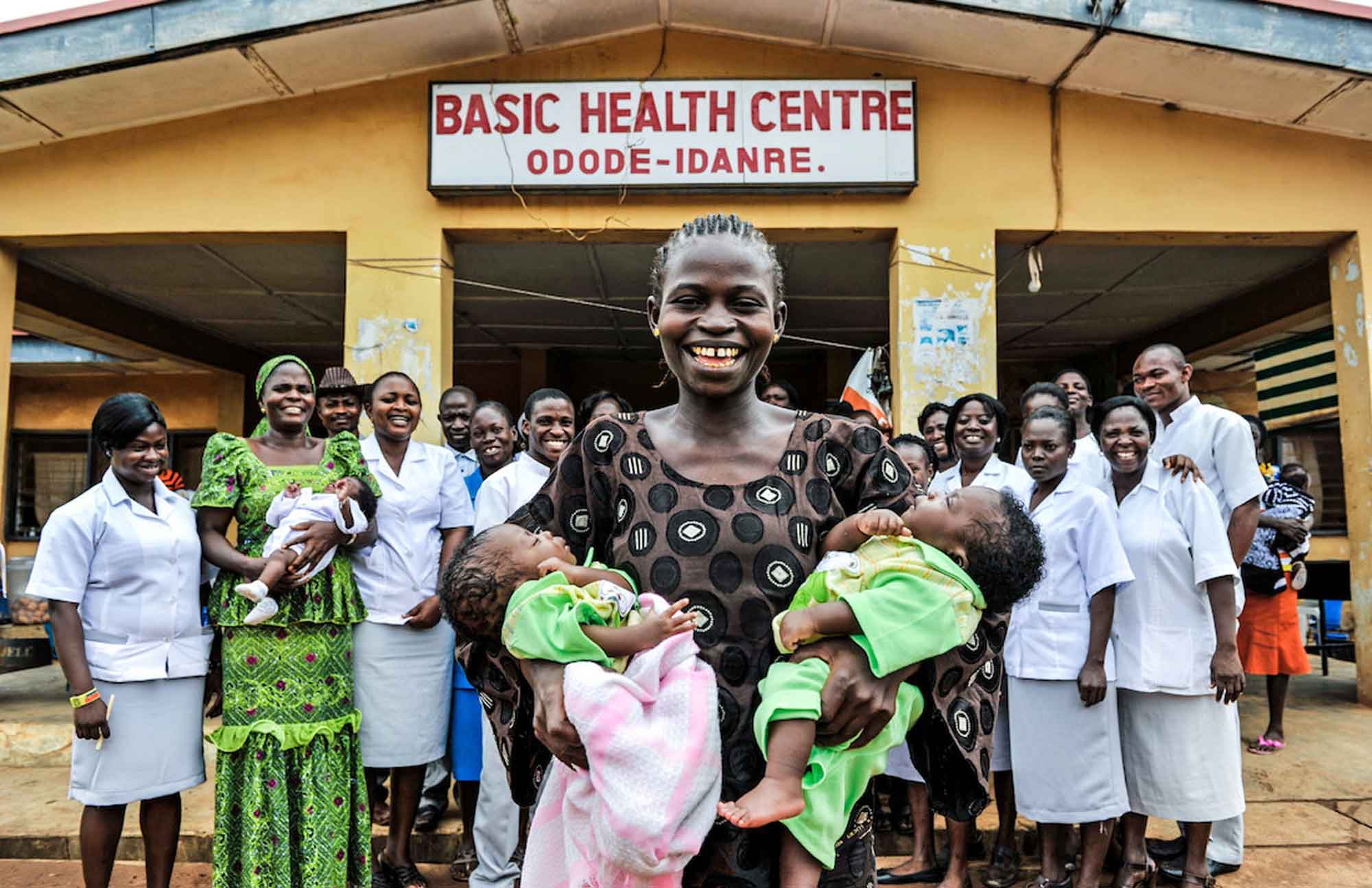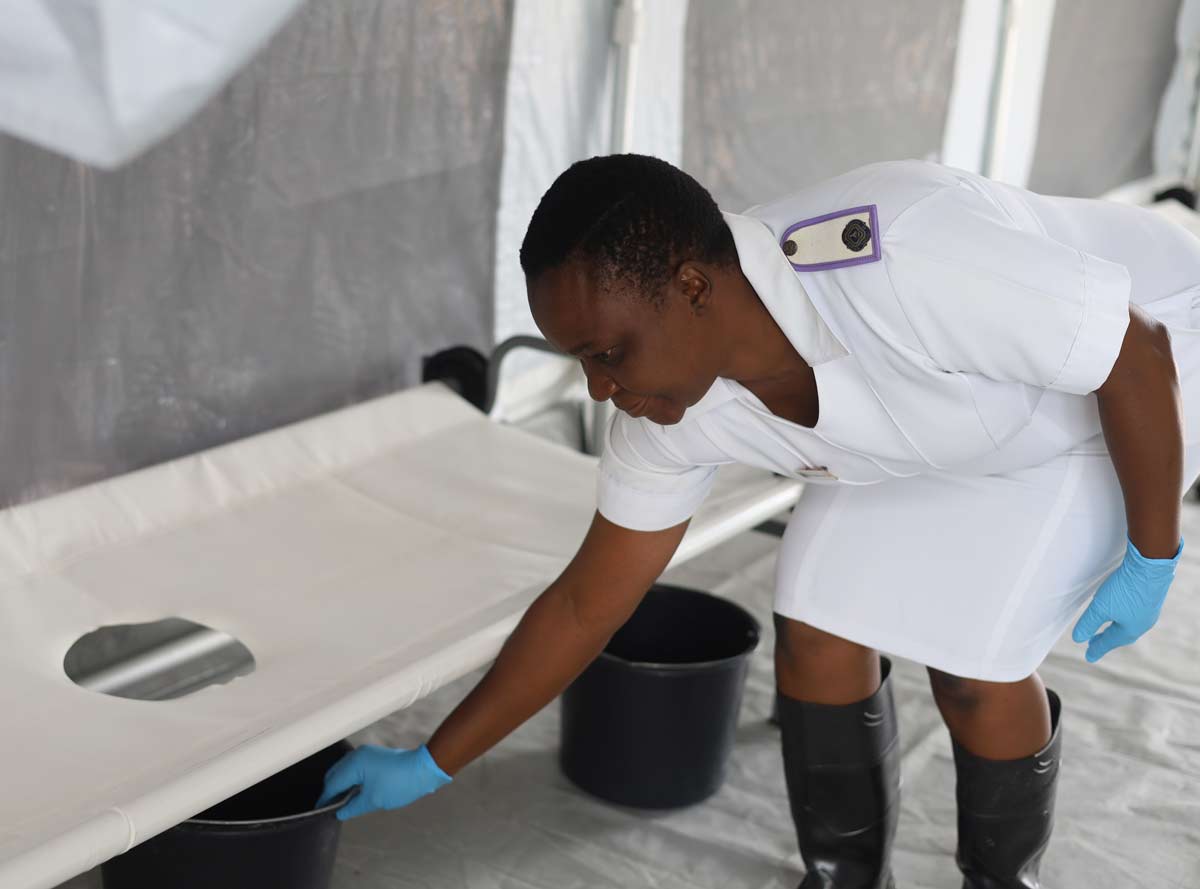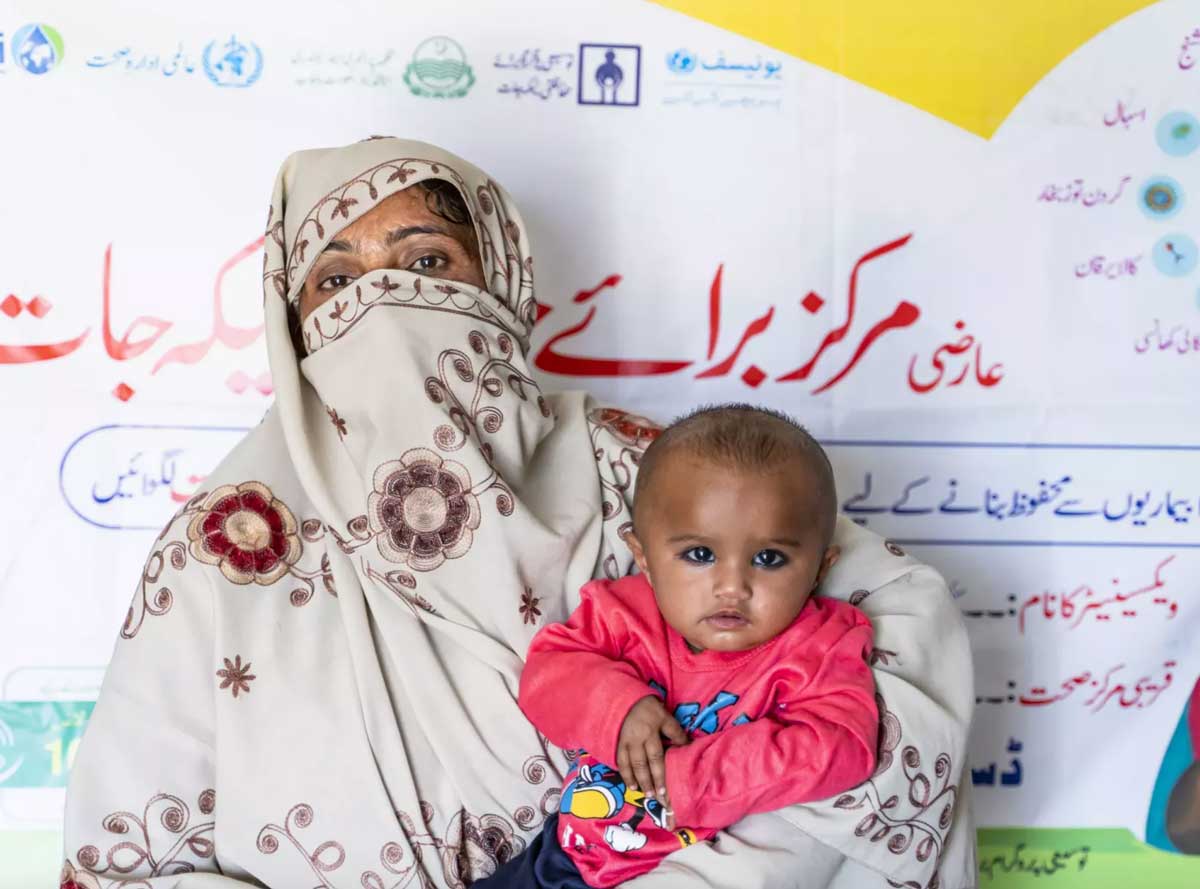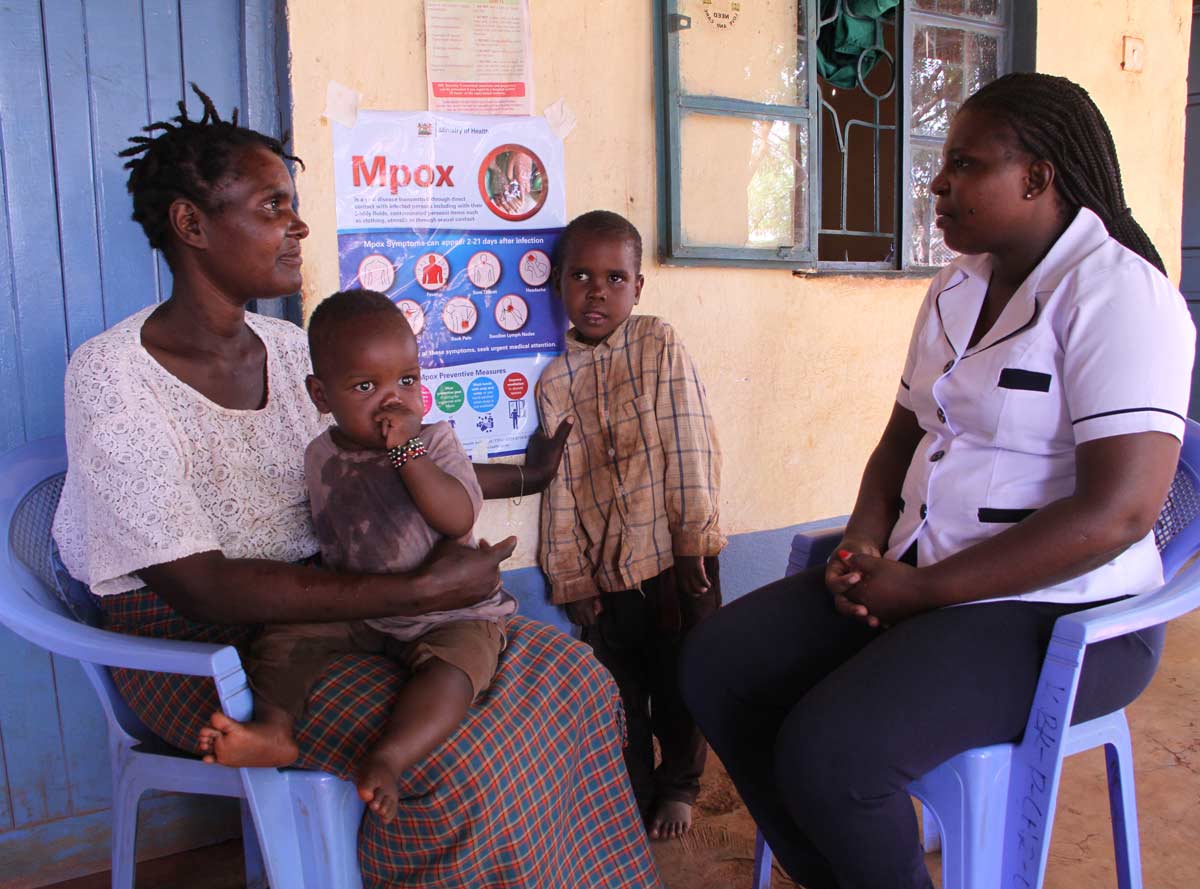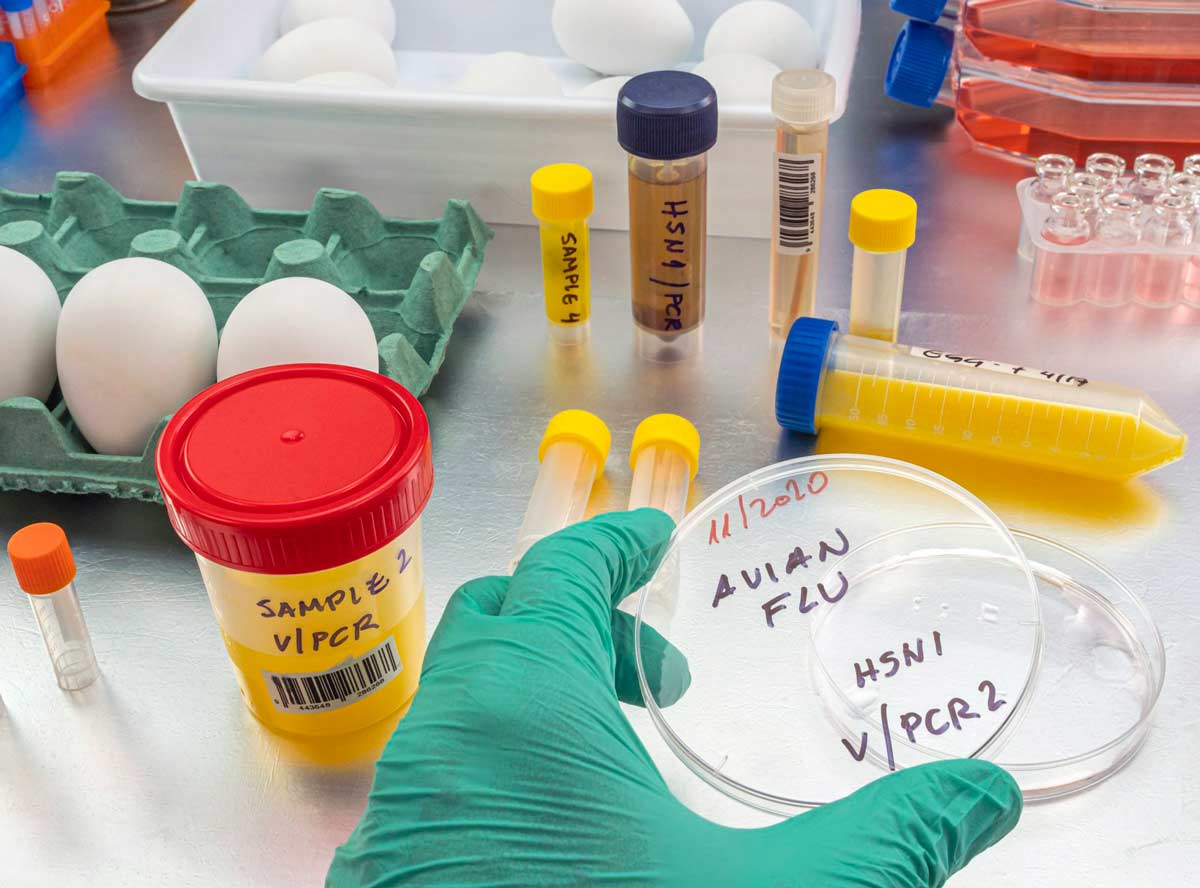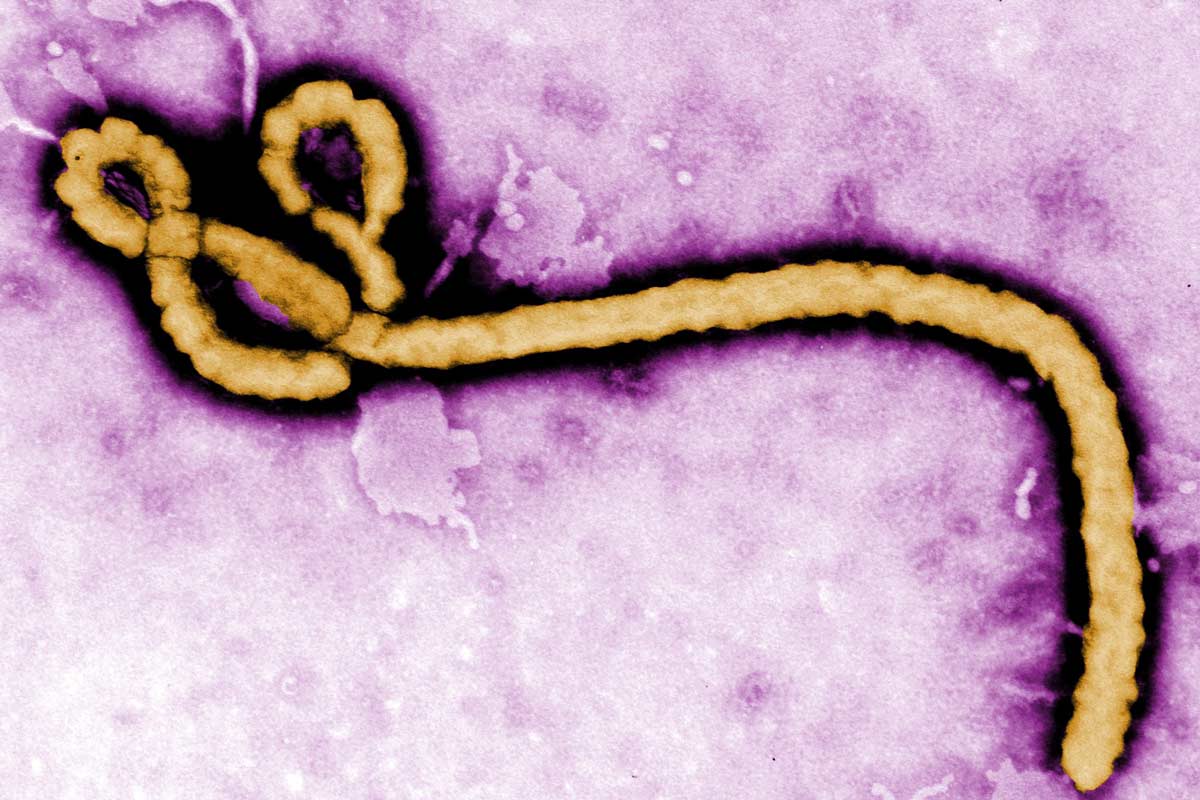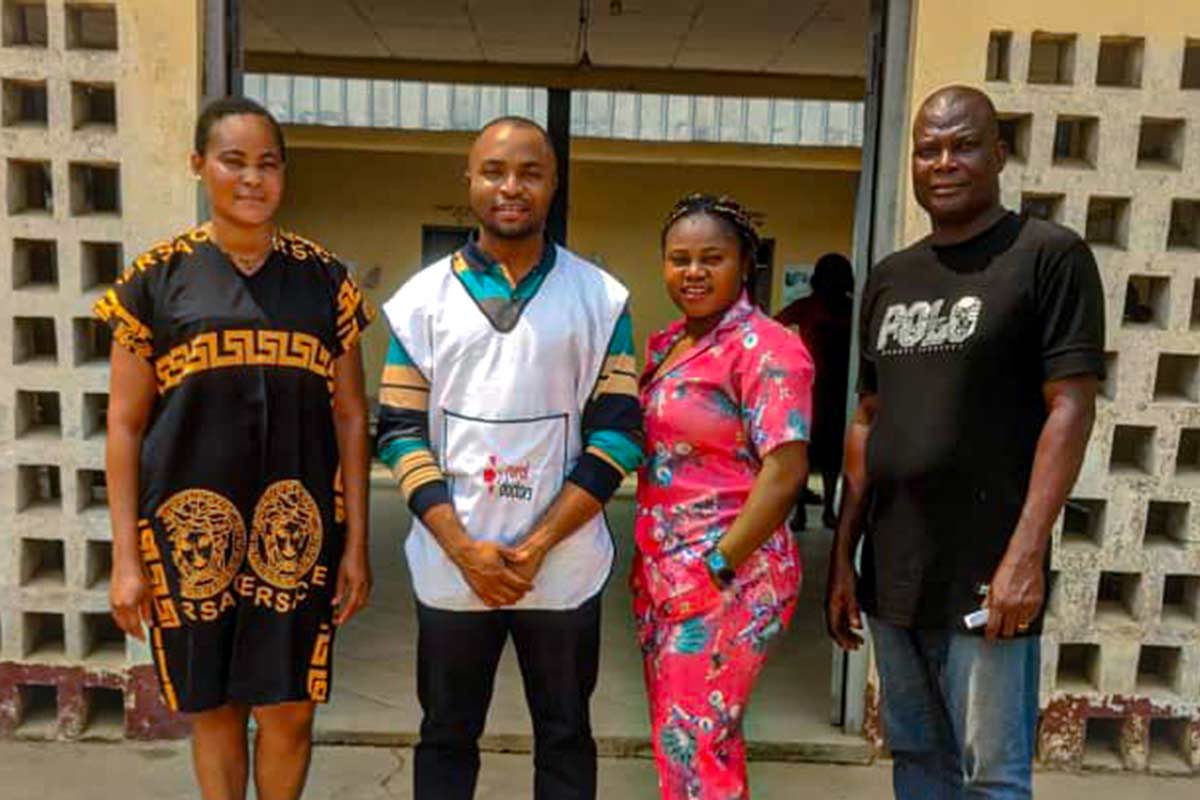NJOKU CHINWENDU.A., ACOMIN
Nigeria is one of Africa’s fastest growing countries, in both population and economy. However, the combination of poor economic performance and a high unemployment rate has limited socio-economic development with inevitable consequences for the nation’s health sector. Additional challenges for improving immunisation coverage in Nigeria have included lack of political will and commitment, paucity of funds, poor community participation and limited scaling-up of cost effective interventions.
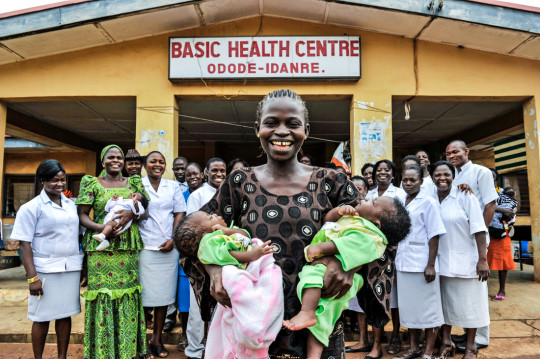
Outside a health centre after the introduction of pentavalent vaccine in 2013. Photo: Gavi/ Adrian Brooks.
Civil Society in Malaria Control, Immunization and Nutrition (ACOMIN) has successfully collaborated with civil society organisations (CSOs) in states across Nigeria to design and implement programmes which are complementary to wider project objectives. We have advocated on supply chain issues by stimulating and leading debates for better government involvement in immunisation activities at all levels.
Core areas of focus include:
– Fostering supply and availability of vaccines
– Skilled personnel
– Bridging the gap in immunisation awareness.
ACOMIN has worked with more than 25 CSOs to design an advocacy plan and toolkit to help train selected community based organisations on advocacy. This has led to increased coverage and equity in immunisation and improved health care systems at the state level.
Community participation and ownership have been strengthened through stakeholder engagements and capacity building activities of CSOs around the country. CSOs that participate in knowledge building activities have been able to make frontline health care workers, nursing mothers and community members in hard to reach areas more aware of current trends around vaccination and vaccine preventable diseases.
Evidence based practices such as community inclusion in increasing vaccine uptake has been adapted by CSOs in Nigeria to further push the case for immunisation awareness.
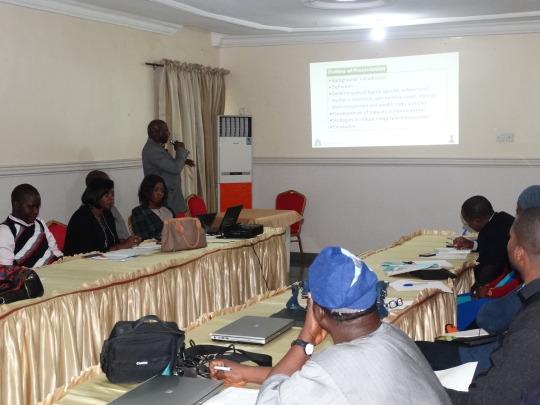
CSO staff lead refresher training on immunisation practices for frontline community health workers. Photo: ACOMIN.
However, as with any organisation, these successes have come with challenges:
– inadequate knowledge on immunisation
– lack of funding
– inability to support government logistics on vaccine delivery to health facilities in hard-to-reach communities.
The Immunisation plus Days held in January 2015 at Adamawa state of north-eastern Nigeria were successful in most areas, but not without issues. At Gella, Hajjia Bintu Konto, the CSO platform representative reported that insurgencies and persistent communal clashes often hampered the supply of vaccines to health facilities. Despite awareness of this gap, lack of funding meant local CSOs were not in a position to lobby to opinion leaders and Government for change.
Determined to do more, the Nigeria Civil Society Platform on Health and Immunisation is working in partnership with government agencies such the Nigerian National Primary Health Care Development Agency, a leading organisation in implementing immunisation programmes, to increase immunisation services. to the strategy aims to strengthen health systems around immunisation, conduct refresher training of frontline health workers and support vaccine delivery while closely working with policy makers and implementers.
